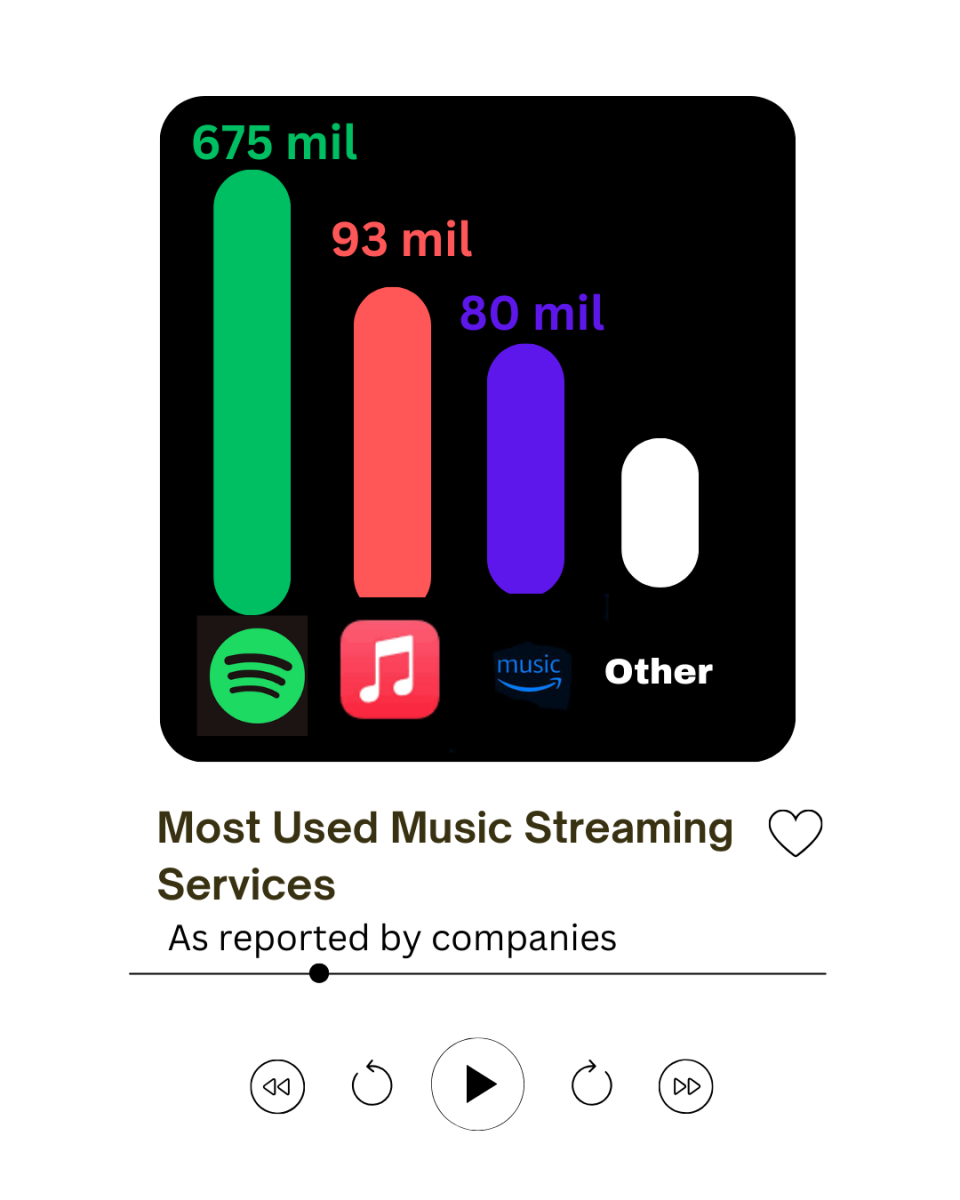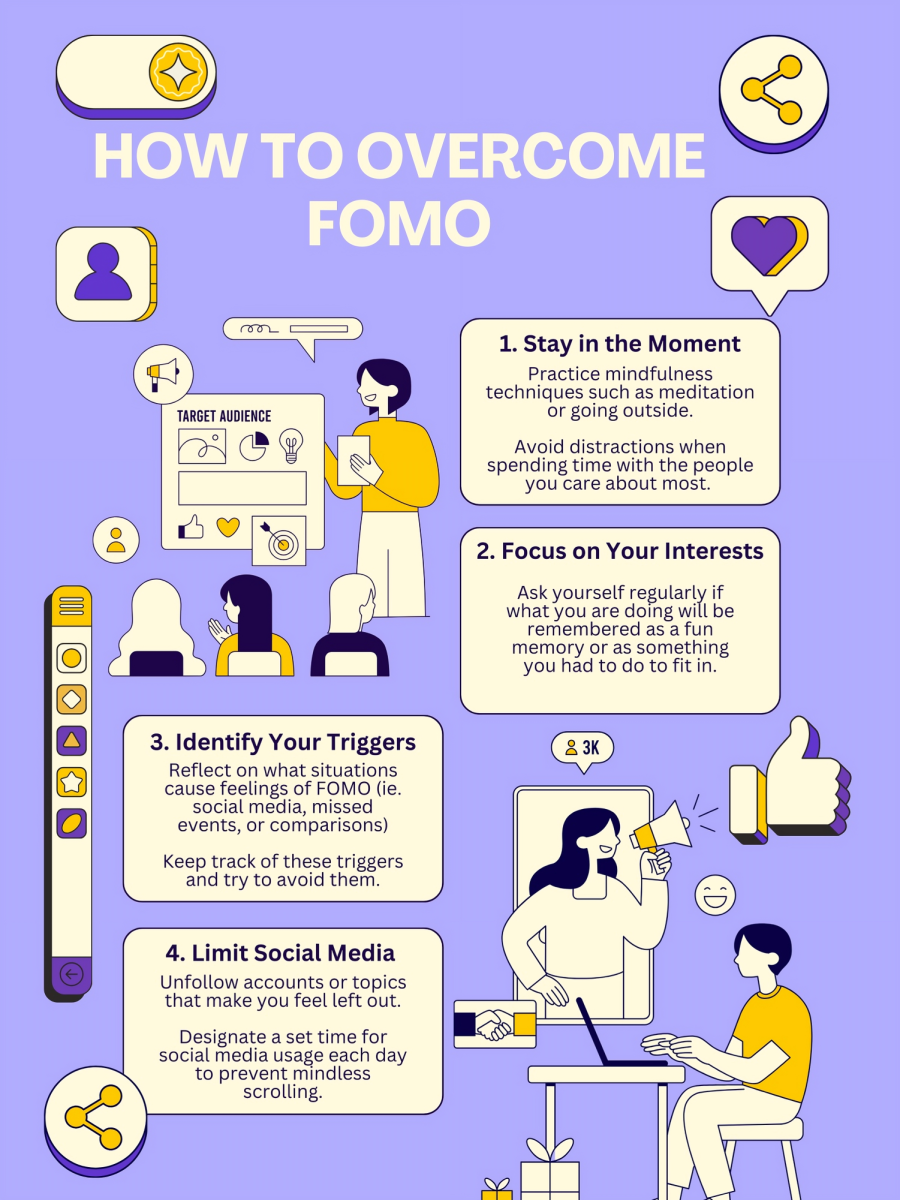It’s a familiar story.
Every year, millions of people – myself included – make New Year’s resolutions, convinced that this time will be different. It’s the same cycle every January: gyms are packed, everyone’s promising to be healthier, more productive and more balanced. But the statistics are brutal: about 80% of resolutions fail by February, left to gather dust.
For me, it’s always the same promise – I’ll finally stop procrastinating, stop overloading myself and find balance. But a month later, I’m pulling an all-nighter, stressed and scrambling, once again failing to stick to my goal.
But why does this happen? Why do we set these lofty goals only to watch them slip away so quickly?
The problem is perfection and the pressure that comes with it. Perfection is a trap. It’s the enemy of progress. We often set ourselves up for failure by aiming for an ideal that is simply too hard to achieve. Resolutions like “I’m going to work out every day,” or “I’m going to eat clean all month,” are doomed to fail from the start because they leave little room for imperfection – when we really should be doing the opposite.
When you inevitably miss a day or slip up – because life happens – many people give up entirely. You think, “Well, I messed up already, so I might as well wait until next year.” Perfectionism creates an all-or-nothing mentality that doesn’t allow for the gradual progress that real change requires. The key to success isn’t perfection; it’s consistency and that’s something people often overlook when crafting their resolutions.
365 x 0 is 0. But 365 x .10 is 36.5.
The smallest changes – even if they are only a tenth of what you hoped to do – done consistently can make a difference in your life much more than giving up. The key to success is not being perfect, but rather, consistency.
Similar to the issue of perfection, we often tend to set goals that are simply too ambitious. While it’s important to dream big, setting overly lofty goals without a clear roadmap can set you up for disappointment.
It’s better to aim for smaller, more realistic goals – like focusing on one subject at a time, or even making smaller choices like staying after class to ask your teacher questions more often – rather than expecting dramatic, overnight results.
On that note, people often make the mistake of focusing on the end result, instead of the process (notice how our goals are often more along the lines of “I want better grades” and not “I’m going to study more”).
It’s one thing to declare that you want to change and another thing entirely to make a plan for it. Without specific, actionable steps, resolutions can quickly become vague dreams that fade with the passing weeks. Simply saying “I’m going to be healthier this year” lacks direction. It’s like saying, “I’m going to take a road trip” without knowing your destination, route or stops along the way.
For a resolution to succeed, it needs a plan. Setting specific, measurable goals with concrete actions, such as “I will spend an additional half hour every day working for this class I’m struggling with” provides structure and makes it easier to stay on track. Furthermore, accountability is crucial. Telling a friend or tracking your progress can keep you motivated when the initial enthusiasm starts to wane. Without these tools, it’s easy to forget why you even started.
The idea that New Year’s Day offers a “clean slate” can be both motivating and misleading. It’s easy to think that we can suddenly turn over a new leaf just because the calendar changes. But while January 1 is an opportunity for a fresh start, the underlying habits and mindsets that led to past failures don’t disappear overnight.
Real change takes time, and it requires a shift in mindset, not just the date on the calendar. The notion that we can completely change ourselves in the blink of an eye is unrealistic. Sustainable transformation doesn’t happen in the first, or even all the 31 days of January; it’s a long-term process that extends far beyond the novelty of a new year.
The truth is, New Year’s resolutions don’t have to fail; your first mess-up in February doesn’t have to be the end of your goals. In fact, it can be the beginning of a more thoughtful, realistic approach to self-improvement that lasts well beyond the first month of the year.
That’s how real change happens: one small, imperfect step – or even a stumble – at a time.








